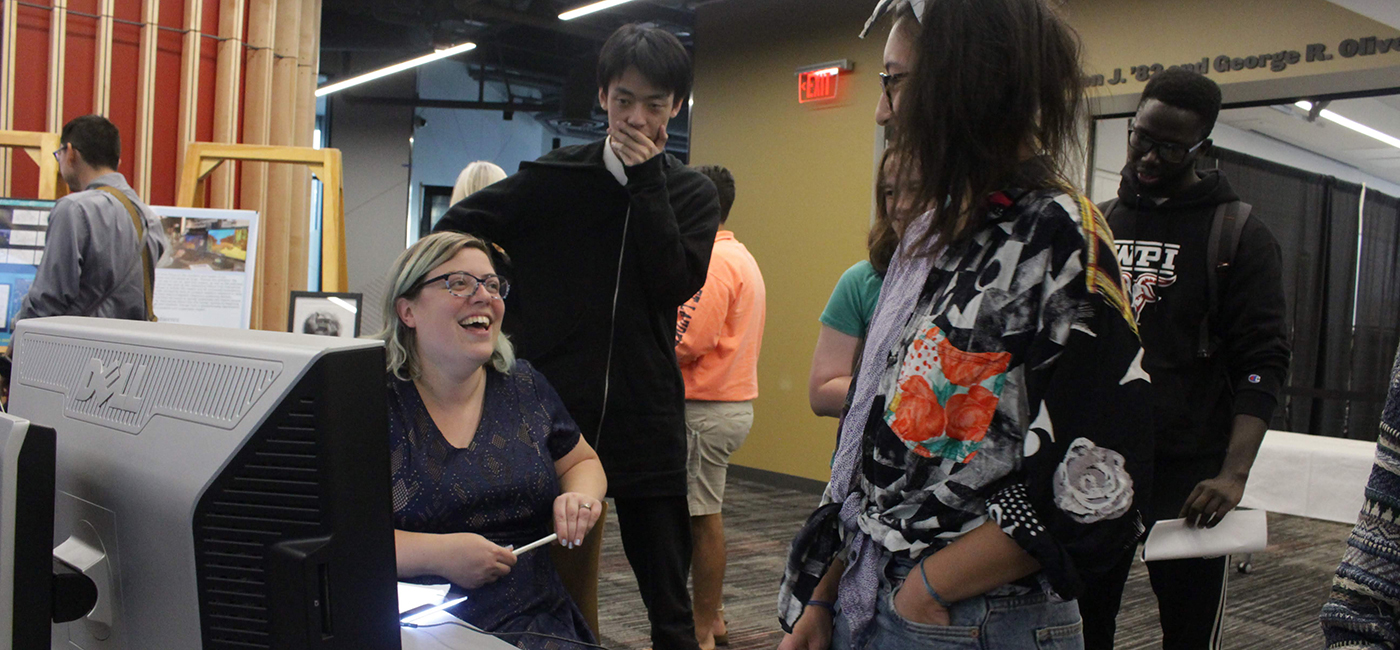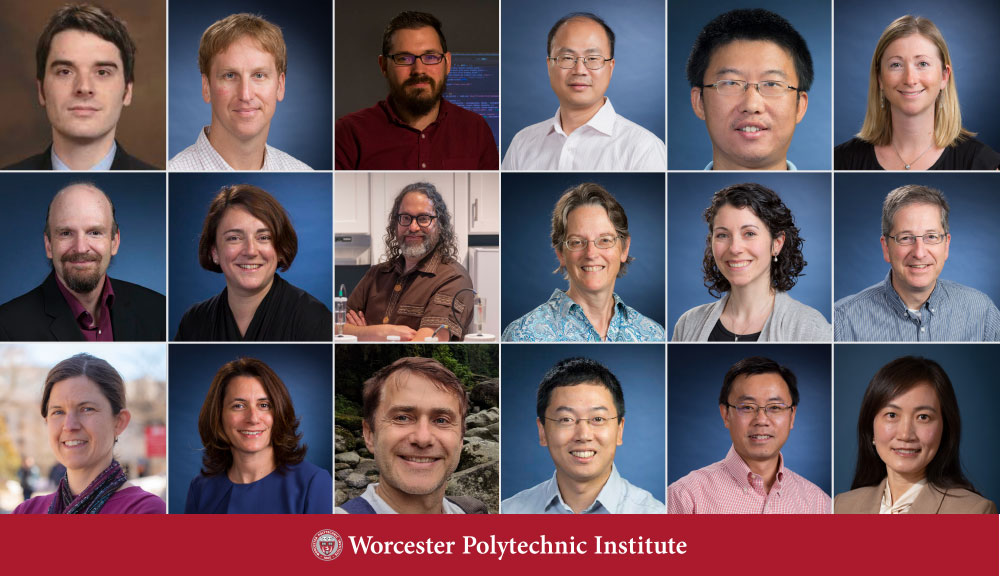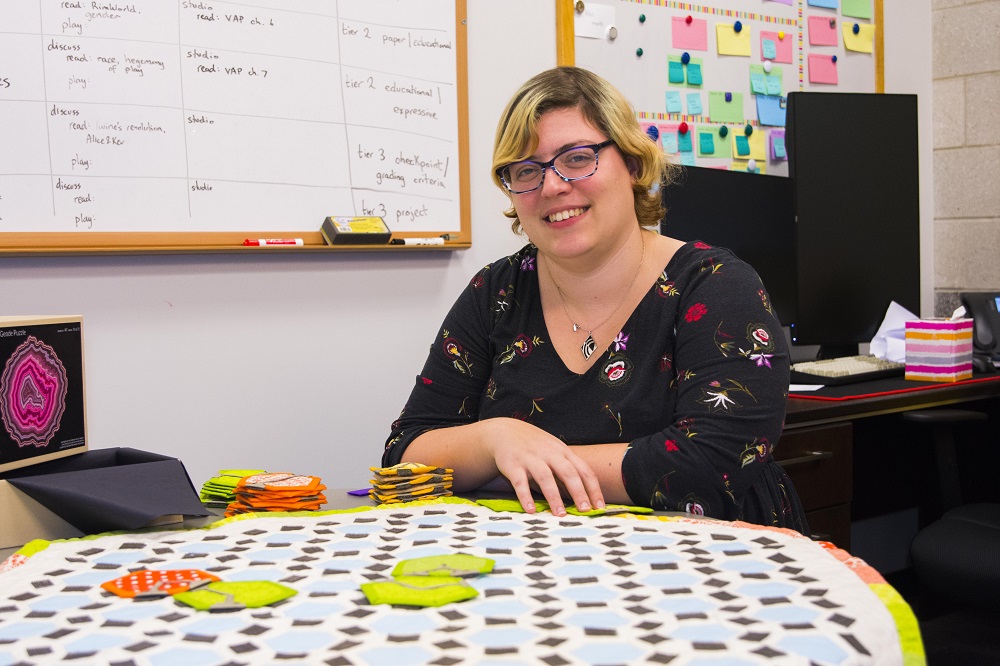Charles Rich, distinguished research scientist and associate director of the Research Laboratory of Mitsubishi Electric Research Laboratories in Cambridge, Mass., and a pioneer in intelligent computer systems, will join the university's Interactive Media and Game Development faculty on July 1. Rich, who will have a faculty appointment in Computer Science, has focused his research on making people's interaction with computers more intuitive by having computers respond more like people do.
WORCESTER, Mass. – Worcester Polytechnic Institute (WPI) announced today that Charles Rich, distinguished research scientist and associate director of the Research Laboratory of Mitsubishi Electric Research Laboratories (MERL) in Cambridge, Mass., and a pioneer in intelligent computer systems, will join the university's Interactive Media & Game Development faculty on July 1.
Rich, who will have a faculty appointment in the Computer Science Department, was a founding member of MERL in 1991. As the North American arm of Mitsubishi Electric Corporation's corporate research and development organization, MERL conducts application-motivated basic research and advanced development in computer and communication technologies. Previously, Rich was a co-founder and director of the Programmer's Apprentice project at the MIT Artificial Intelligence Lab, where he pioneered research on intelligent assistants for software engineering.
In his research, Rich has focused on making people's interaction with computers more intuitive by having computers respond more like people do. His recent work at MERL seeks to simplify the way people operate increasingly sophisticated household appliances and other devices, which incorporate computers to implement a burgeoning array of new features. Believing that the small digital displays and limited controls on such devices are a big part of the problem, Rich has led the development of the DiamondHelp architecture, in which a single, large intelligent display is connected through a home network to multiple devices, such as heating and cooling systems, appliances, and home entertainment systems. Software in the shared DiamondHelp display uses artificial intelligence techniques to guide users in operating these devices, particularly when selecting seldom-used features.
“Dr. Rich brings incredible creative energy and enthusiasm to the Interactive Media & Game Development program,” said Michael Gennert, head of WPI's Computer Science Department. “His presence on the faculty immediately increases the visibility of the IMGD program, the department, and the university. He is brimming with ideas and has an extensive record of turning those ideas into tangible results. We are indeed fortunate to have him.”
Rich, who received a PhD from MIT in 1980, is a senior member of the Institute of Electrical and Electronics Engineers and a fellow and past councilor of the Association for the Advancement of Artificial Intelligence. In 1992, he chaired the International Conference on Principles of Knowledge Representation and Reasoning. He also co-chaired the National Conference on Artificial Intelligence in 1998 and was program co-chair of the International Conference on Intelligent User Interfaces in 2004.
WPI inaugurated a bachelor of science degree program in Interactive Media & Game Development in the fall of 2005. Offered jointly by the Computer Science and Humanities and Arts departments, the program was the first such major to require that students develop a broad understanding of both the artistic and the technical areas related to interactive media and game development.
The program also gives students the ability to see games and other interactive media in their broader human and social context and to sort through the social and philosophical issues that surround them. Students gain skills that are valuable in careers in interactive media and game development as well as in more traditional areas of computer science, art, and design.



